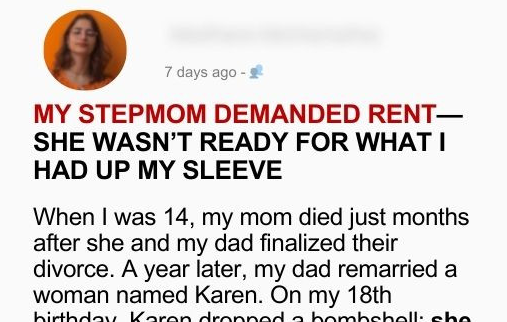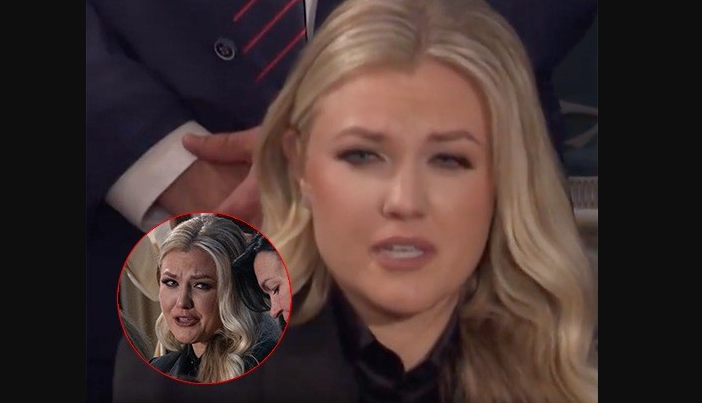When I was 14, my mother passed away a few months after her separation from my father. A year later, he married a woman named Karen. On my 18th birthday, Karen delivered a startling demand—she insisted I begin paying rent.
She labeled me entitled and declared it was time to “grow up.” I stayed silent, offering only a smile, because she was unaware that my mother had legally bequeathed the house to me before her passing. The legal process had taken time, so I kept it to myself. Meanwhile, Karen moved through the house with confidence, redecorating and boasting about “her domain.”
One evening, she confronted me in the kitchen. “Rent is due tomorrow. If you don’t pay, you’ll need to leave.” Calmly, I retrieved a folder from my backpack and placed the deed on the table. “Actually, Karen, this house belongs to me.” Her expression turned ashen.
When Dad entered and saw the documents, he stood still. Karen attempted to protest, but Dad turned to me and said softly, “This is your house. You decide.” Within a week, Karen had left, and for the first time in years, the house felt truly mine again.
Months later, she returned. Standing on the porch with a self-assured demeanor, she declared, “I consulted a lawyer. I have rights to this property.” I smiled. “Actually, I’ve already spoken with my attorney. You’re trespassing.” Soon after, the police arrived and escorted her away as she shouted in front of the neighbors.
That evening, a sense of calm settled over the house. I realized I was not only safeguarding my home but also preserving my mother’s legacy. A week later, my father returned, his eyes filled with remorse. “I should have stood by you,” he said. I embraced him and whispered, “You still can.” The house was mine, but that day, I gained something even more precious. I reclaimed my bond with my father.







